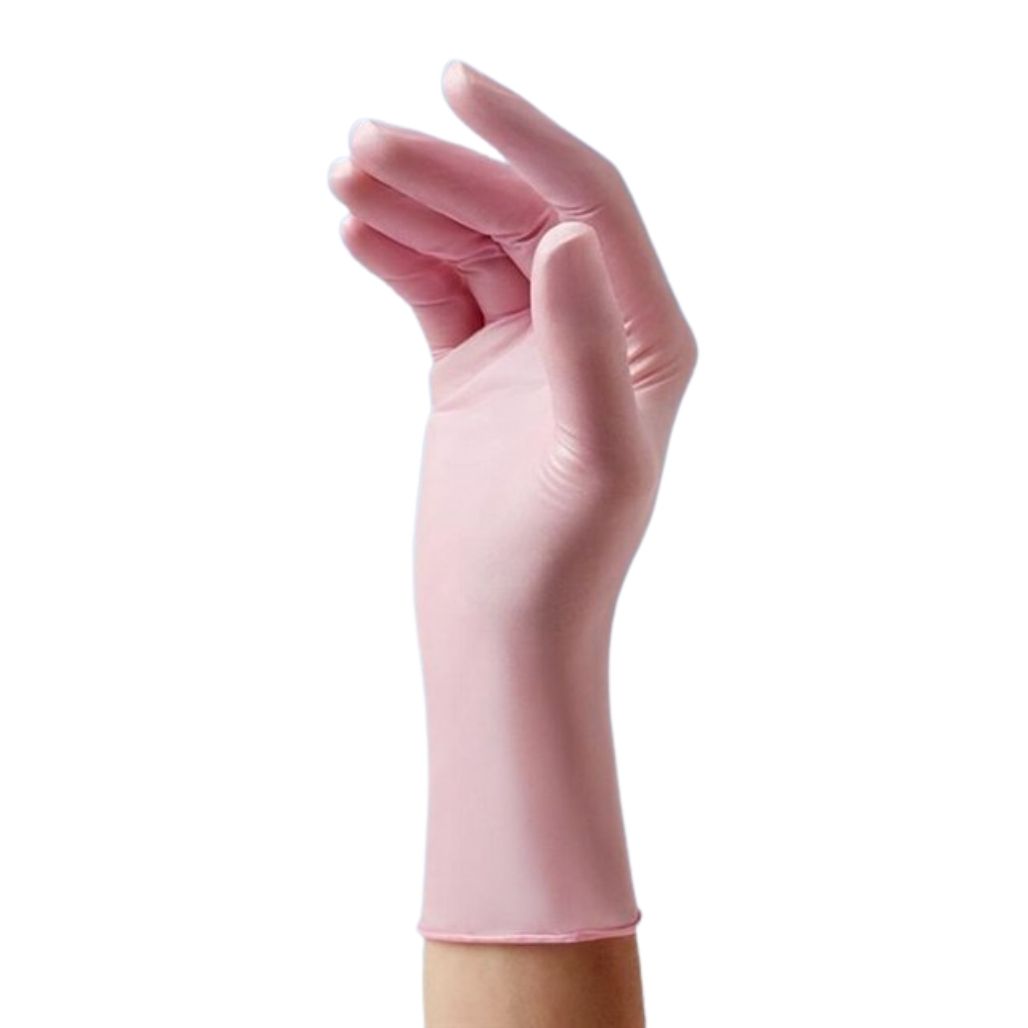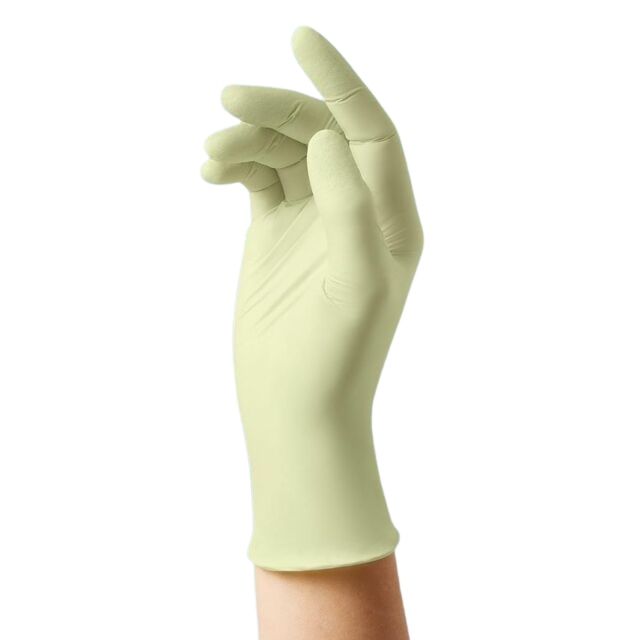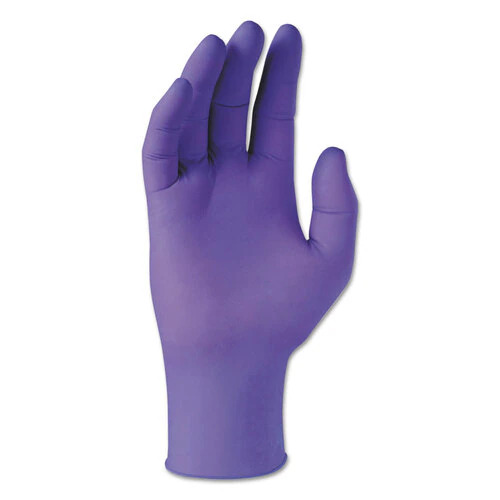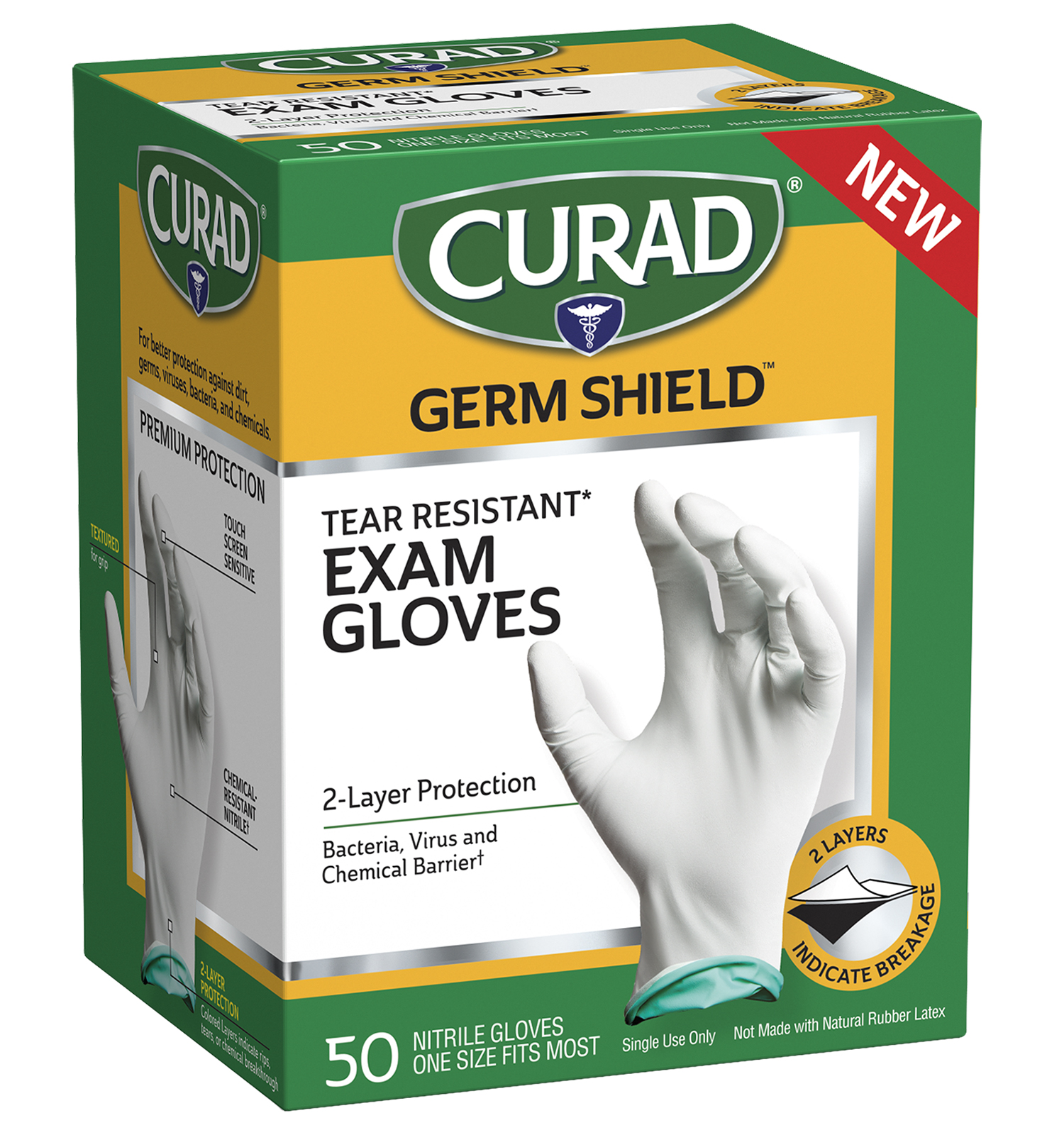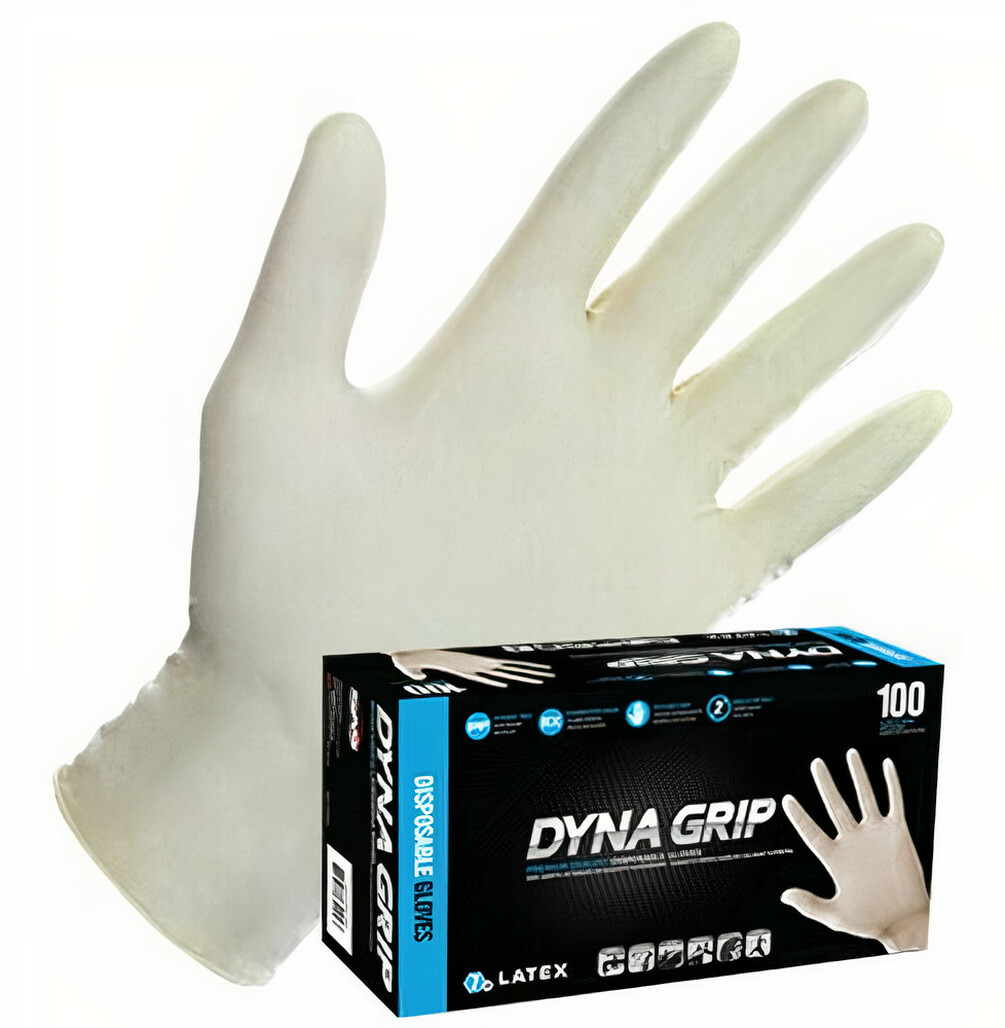Navigating the World of Food Safety: Are Nitrile Gloves the Right Choice?
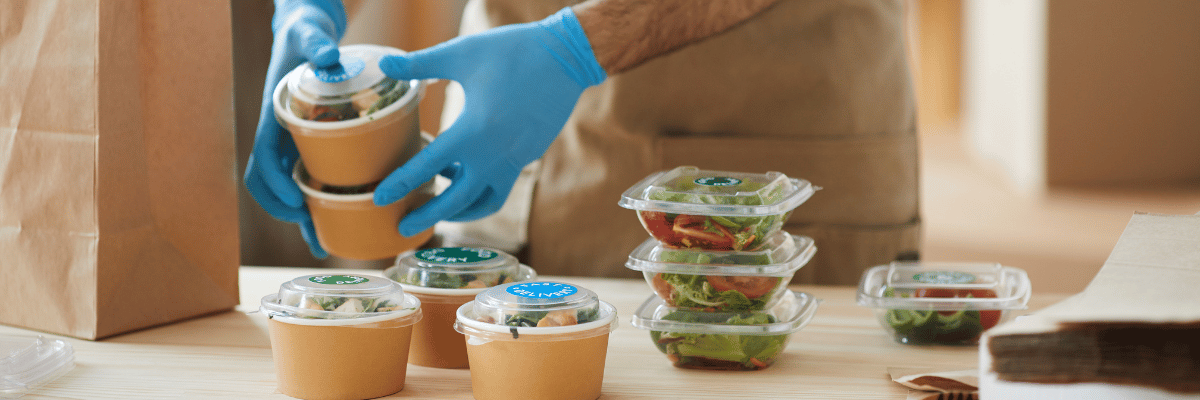
In the food industry, safety is of the utmost importance. Protecting customers from foodborne illnesses, ensuring cleanliness, and maintaining a hygienic environment are all critical components of a successful food business.
One essential tool in achieving these goals is the use of disposable gloves. But with so many options on the market, how can you be sure you’re making the right choice?
Are nitrile gloves food safe? In this comprehensive guide, we’ll explore the world of food-grade nitrile gloves, discussing their benefits, potential drawbacks, and how to determine if they’re the right fit for your business.
What are Food-Grade Nitrile Gloves?
Understanding Nitrile Material
Nitrile is a synthetic rubber material made from acrylonitrile and butadiene. It is known for its excellent resistance to various chemicals, oils, and punctures. Nitrile gloves are latex-free, making them an ideal choice for those with latex allergies or sensitivities. Additionally, they are highly durable and can be used in various applications, including medical, industrial, and food handling.
Food-Grade Specifications
Food-grade nitrile gloves are specifically designed and manufactured for use in the food industry. They must meet strict safety and hygiene standards, ensuring they are safe from direct contact with food items.
These standards may vary depending on the country or region, but they generally include materials, manufacturing processes, and packaging requirements.
Advantages of Food-Grade Nitrile Gloves
Allergen-Free
As mentioned earlier, nitrile gloves are latex-free, eliminating the risk of latex allergies for food handlers and customers. This is particularly important in the food industry, where even trace amounts of allergens can have severe consequences for those with allergies.
Chemical Resistance
Food-grade nitrile gloves offer excellent resistance to chemicals commonly found in food preparation and handling environments. This includes cleaning agents, sanitizers, and certain food additives. This resistance helps protect food handlers from potential skin irritation and ensures that the gloves remain intact during use.
Durability and Puncture Resistance
Nitrile gloves are known for their strength and puncture resistance, making them less likely to tear during use. This is crucial in the food industry, as a torn glove can compromise food safety and hygiene.
Dexterity and Tactile Sensitivity
Food-grade nitrile gloves offer excellent dexterity and tactile sensitivity, allowing food handlers to perform tasks precisely and easily. This is particularly important when handling delicate ingredients or performing intricate tasks, such as decorating cakes or plating dishes.
Potential Drawbacks of Food-Grade Nitrile Gloves
Environmental Impact
One of the primary concerns with nitrile gloves, in general, is their environmental impact. Nitrile is not biodegradable, meaning that discarded gloves can contribute to landfill waste and pollution. However, some manufacturers are now producing eco-friendly, biodegradable nitrile gloves to help address this issue.
Cost
Nitrile gloves tend to be more expensive than their latex or vinyl counterparts. While the superior performance and safety offered by food-grade nitrile gloves may justify the higher cost, budget-conscious businesses may need to weigh these benefits against their budget constraints.
Choosing the Right Food-Grade Nitrile Gloves
Thickness and Durability
Consider the thickness and durability of the gloves when selecting food-grade nitrile gloves for your business. Thicker gloves may offer excellent protection and durability but may compromise dexterity and tactile sensitivity. Finding the right balance for your specific needs is essential.
Glove Size and Fit
Proper fit is crucial when selecting gloves for food handling. Gloves that are too large may slip or interfere with dexterity, while gloves that are too small may be uncomfortable and more prone to tearing. Ensure that your food-grade nitrile gloves are available in various sizes to accommodate all staff members.
Compliance with Regulations
As mentioned, food-grade nitrile gloves must meet specific safety and hygiene standards. Be sure to verify that the gloves you choose comply with your region’s relevant regulations. To dive deeper, visit our guide on finding the best food-handling gloves here.
FAQs
Are nitrile gloves food safe?
Yes, food-grade nitrile gloves are specifically designed for safe use in food handling and preparation environments. They are latex-free, chemical-resistant, and durable, making them an excellent choice for maintaining food safety and hygiene.
Which is better for food handling: nitrile or latex gloves?
While both nitrile and latex gloves can be suitable for food handling, nitrile gloves offer several advantages, including allergen-free material, greater chemical resistance, and increased durability. Food-grade nitrile gloves are often considered the safer and more reliable choice for food handling applications.
Can food-grade nitrile gloves be reused?
Though some nitrile gloves are designed for single-use only, others may be reusable, depending on the manufacturer’s guidelines and the specific application. However, following proper cleaning and sanitizing procedures for reusable gloves is essential to maintain food safety.
Conclusion
So, are nitrile gloves food safe? The answer is a resounding yes – when you choose food-grade nitrile gloves that meet the necessary safety and hygiene standards.
With their superior durability, chemical resistance, and allergen-free material, nitrile gloves are an excellent choice for food handling and preparation.
By considering factors such as thickness, fit, and compliance with regulations, you can confidently select the best nitrile gloves for your food business and ensure a safe and hygienic environment for your staff and customers.

